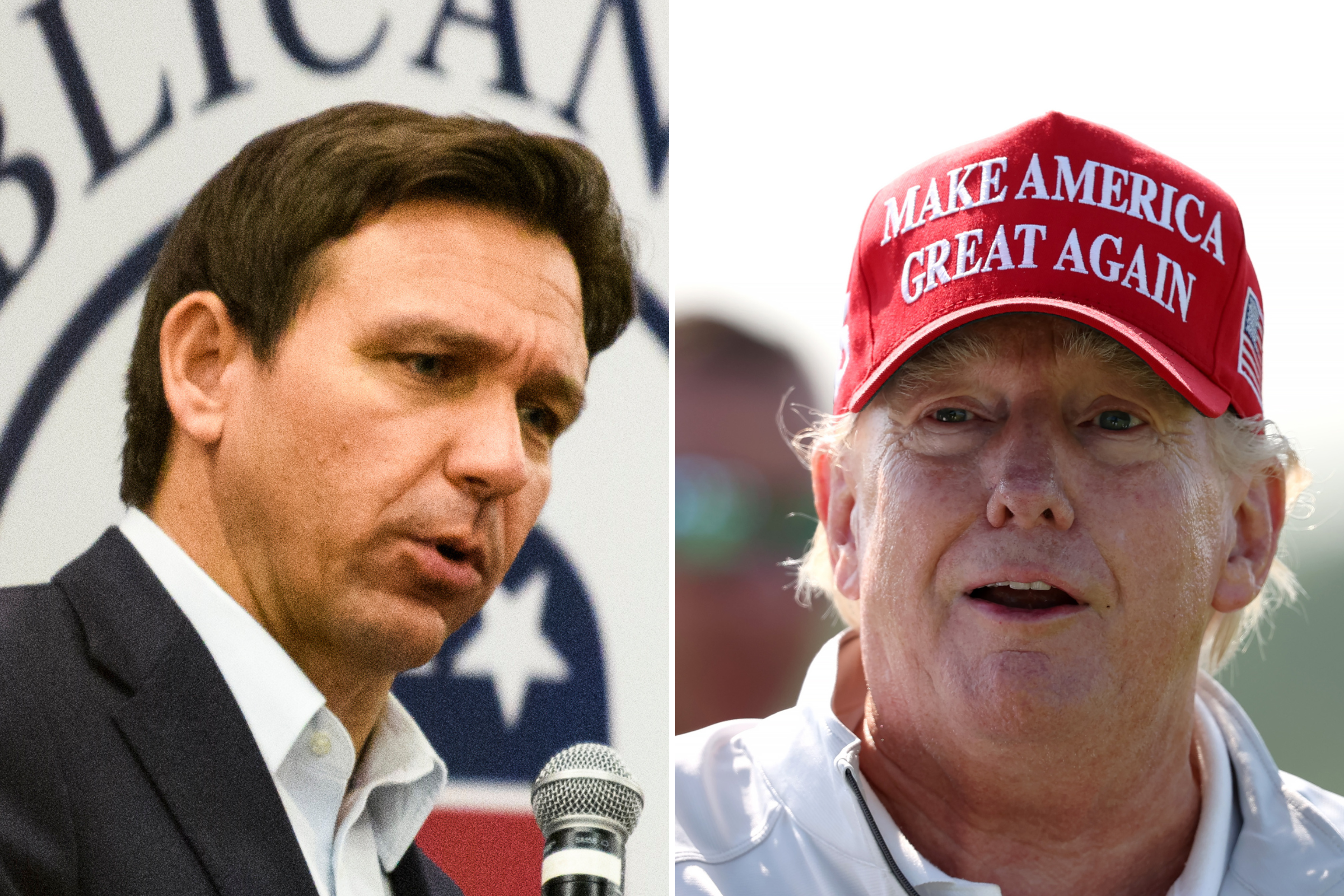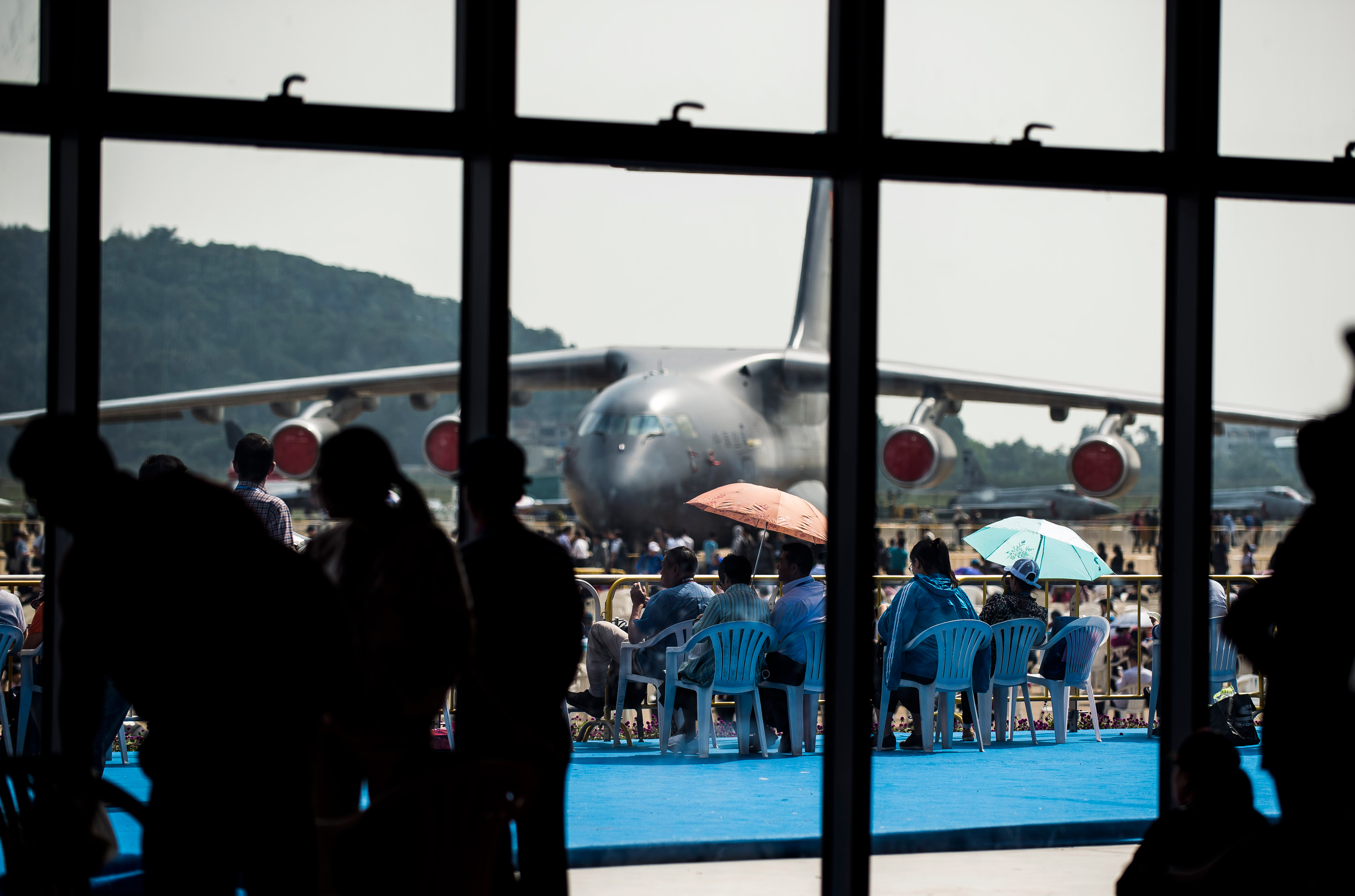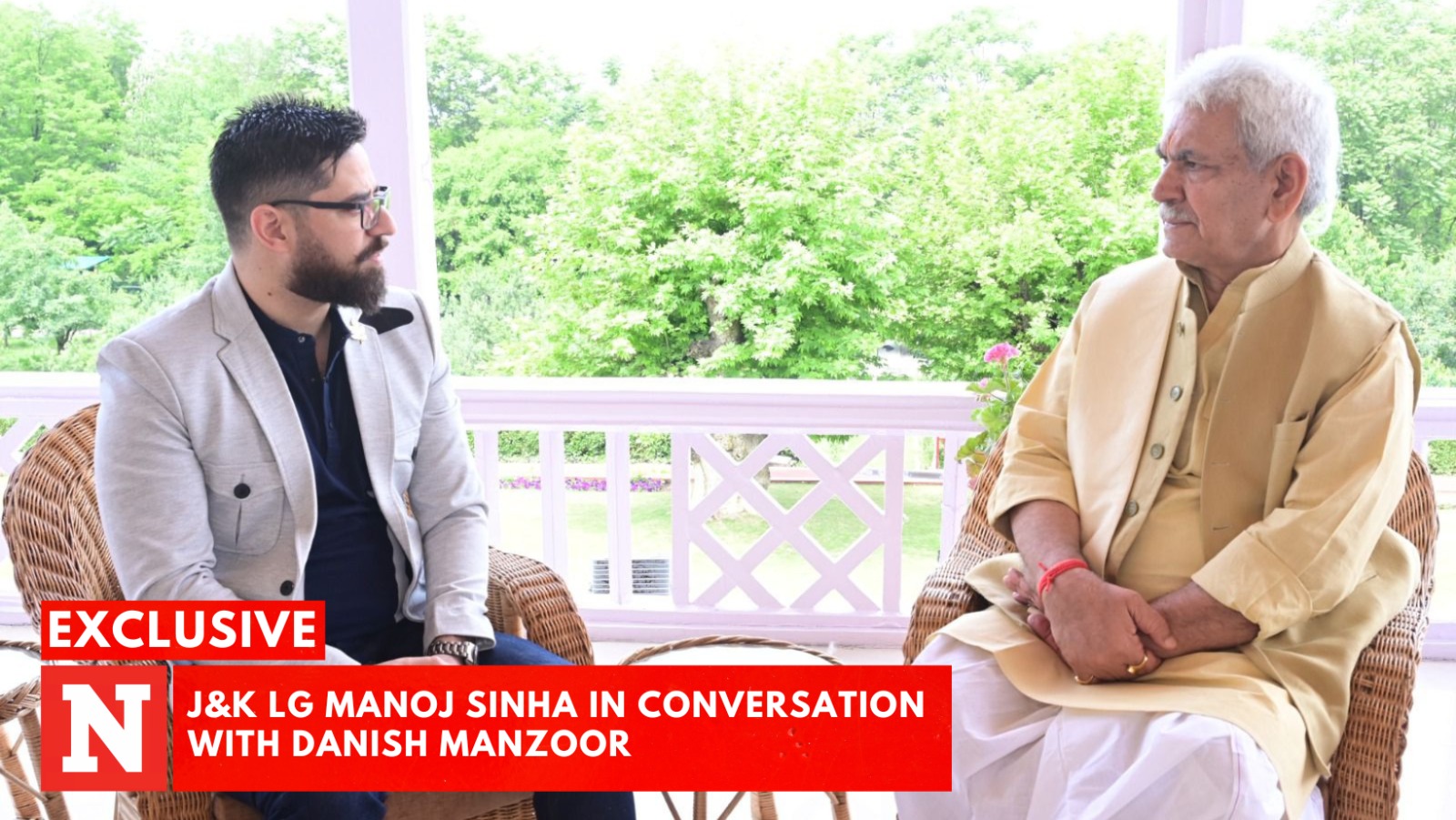Russian Lawmaker Leads Call to 'Cleanse' Ukraine and Its Language
A Russian member of parliament has said that he and his political party believed that Ukraine and its language had no right to exist.
The comments were made by Alexei Didenko during a conference on May 25 discussing harmonizing laws of four Ukrainian regions that Moscow claims to have annexed with those of the Russian Federation.
Last year, President Vladimir Putin announced that Russia had annexed the self-proclaimed Donetsk and Luhansk People's Republics, as well as the Zaporizhzhia and Kherson regions.
Didenko, who is in the ultranationalist Liberal Democratic Party of Russia (LDPR) faction and heads the State Duma committee on regional policy, spoke about the national language in the oblasts, according to the website of Russia's federal assembly. "I am very pleased that the Ukrainian language isn't listed," Didenko said in discussing the meeting's agenda.

"The language of the enemy should not be studied. It should not be respected, it should not exist. There shouldn't be any horrible signs in this language," he said, "this is a principled factional position."
Both Ukrainian and Russian are spoken in Ukraine. Ukrainian is the dominant language in the west and center of the country while Russian is more prevalent in the east and south. Just under 61 percent of Ukrainians spoke Ukrainian at home, compared with 36 percent who spoke Russian, according to a 2020 survey by the Ilko Kucheriv Democratic Initiatives Foundation, a Ukrainian think tank.
When challenged by another meeting participant that such a comment was an "incitement to ethnic hatred," which could fall foul of Russia's Criminal Code, Didenko continued, "this language should not exist. This is my opinion, that it should not exist at all.
"Try to scare me with the Criminal Code," he said in the exchange shared on social media by journalist and Russia watcher Julia Davis, "neither this nation nor this language should exist. Cleanse it all out, cleanse it out of all its sources."
Russian state media reported that the comments, which the news agency RIA Novosti reported, sparked a "lively discussion." One of the attendees, Dmitry Taran, ex-director of the Yalta film studio, challenged Didenko, saying, "these are our people, and we have to work with them."
Samuel Ramani, associate fellow at the Royal United Services Institute (RUSI) thinktank, tweeted that the comments were "ironic given Russia's regular criticisms of Ukraine's repression of Russian language speakers."
Twitter user Vlada Knowlton, a filmmaker, tweeted the video, adding, "Russian politicians trying their hardest to make Russia's genocidal intentions crystal clear for anyone who still doesn't understand."
"Is this full-blown Russian Nazism on display?" tweeted country risk analyst Alex Kokcharov, who noted that the lawmaker had a Ukrainian surname.
Didenko was born in 1983 in the Cherkasy region of Ukraine before moving to the Siberian region of Tomsk.
RIA Novosti reported that the constitutional laws on the admission of the DPR and LPR to Russia say that the state language is Russian but that residents would still have the right to use their native language. In October, Putin said that banning Ukrainian would be unlawful.
Newsweek has contacted the Ukrainian Foreign Ministry for comment.








